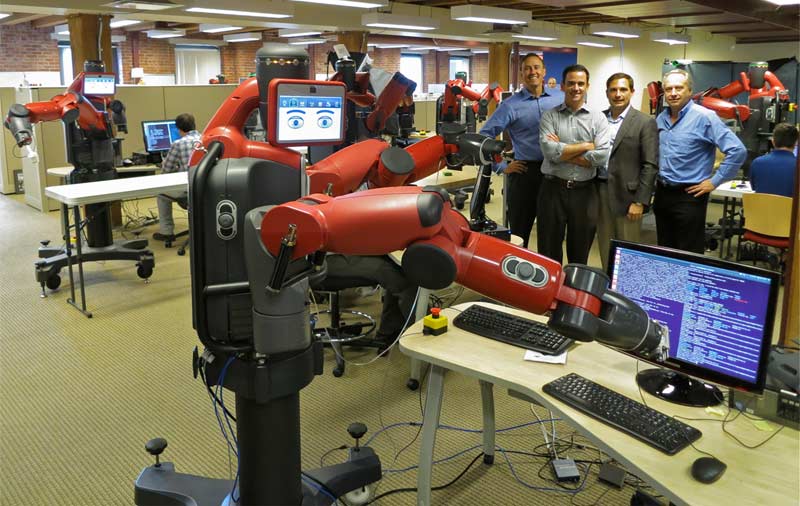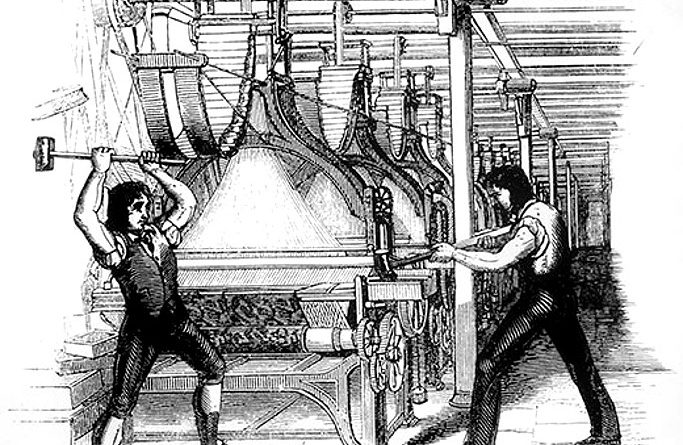Luddites, AI and the fear of job losses
The Luddites were a secret oath-based organization of English textile workers in the 19th century, a radical faction that destroyed textile machinery as a form of protest. The group was protesting against the use of machinery in a “fraudulent and deceitful manner” to get around standard labor practices.
Luddites feared that the time spent learning the skills of their craft would go to waste, as machines would replace their role in the industry. Over time, the term has come to mean one opposed to industrialization, automation, computerization, or new technologies in general. It has gained relevance again in the context of concerns related to AI displacing millions of jobs worldwide.

The number of jobs which Artificial Intelligence and machines will displace in the future has been the subject of debate over the past decade. There have been varying views on the degree of impact of AI on human jobs.
However, there is consensus on the fact that the jobs most susceptible to automation are the ones in data keeping (e.g. record clerks, office assistants), low-level customer interaction (e.g. hotel/travel booking, cashiers, food service workers), and other jobs with predictable, highly routine tasks (e.g. assembly line workers, dishwashers, drivers)
A more recent, in-depth study by McKinsey gives a more nuanced estimate – by 2030 60% of jobs will be made up of tasks that are at least 30% automatable, but less than 5% of jobs will be fully automatable. According to McKinsey Global Institute, somewhere between 40 million and 160 million women worldwide may need to transition.
This transition, between occupations, will be required by 2030, often into higher-skilled roles. Clerical work, done by secretaries, schedulers and bookkeepers, is an area especially susceptible to automation, and 72% of those jobs in advanced economies are held by women.
However, the impact isn’t limited to women only, according to Oxford Economics, up to 20 million manufacturing jobs worldwide will be lost to robots by 2030. According to McKinsey, depending upon various adoption scenarios, automation will displace between 400 and 800 million jobs by 2030, requiring as many as 375 million people to switch job categories entirely.
As per various sources, the following are the jobs that will have the maximum impact of automation through AI.
Accountants/Cashiers
Lawyers
Telemarketers
Bookkeeping Clerks
Translators
Drivers
Compensation and Benefits Managers
Receptionists
Secretarial Staff
Couriers
Quality Assurance Professionals
Editorial Staff
Computer Support Specialists
Do you also wonder about the future of jobs due to advanced automation? How does it make you feel? If you have any thoughts or inputs to share with our readers then please do write in comments.

